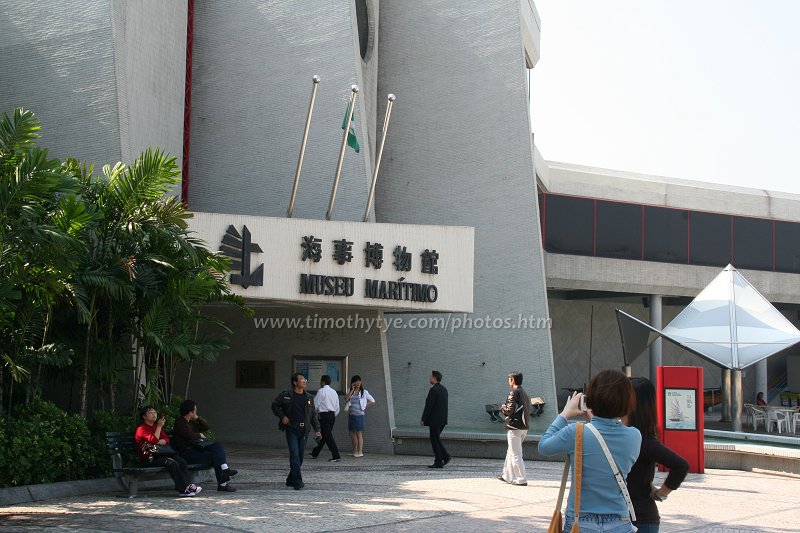 Maritime Museum (9 November 2007)
Maritime Museum (9 November 2007)
The Maritime Museum or Museu Marítimo is an excellent museum that showcases Macau's affinity with the sea. It is built in front of the A-Ma Temple, at the entrance to the Inner Harbour (Porto Interior), in what is believed to be the very spot that the Portuguese landed in Macau for the first time.
Getting there
Buses No. 6 and No 28B pass in front of the Maritime Museum. All buses going to the vicinity include 1,1A,2,5,6,7,9,10,10A, 11,18,21,21A,28B,34. Entrance fee is MOP$10.00. The museum is open daily except Tuesday, from 10:00am to 5:30pm.Displays at the Maritime Museum of Macau
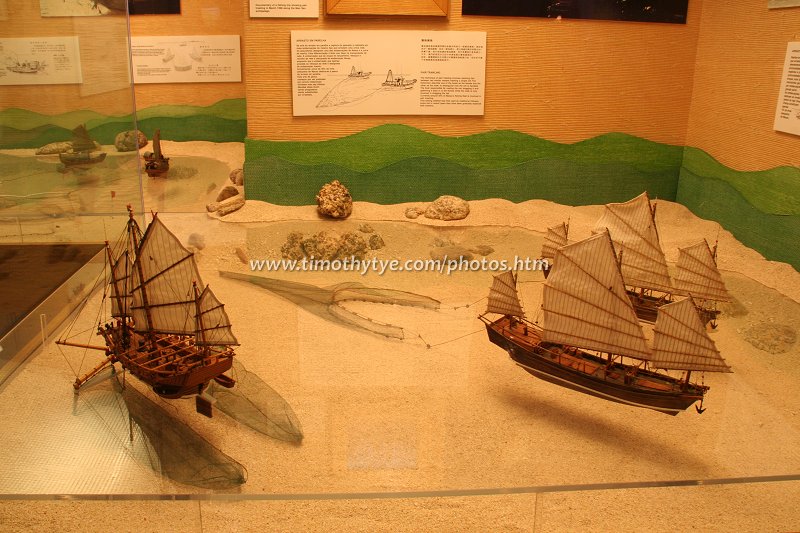 Traditional fishing boats (9 November, 2007)
Traditional fishing boats (9 November, 2007)
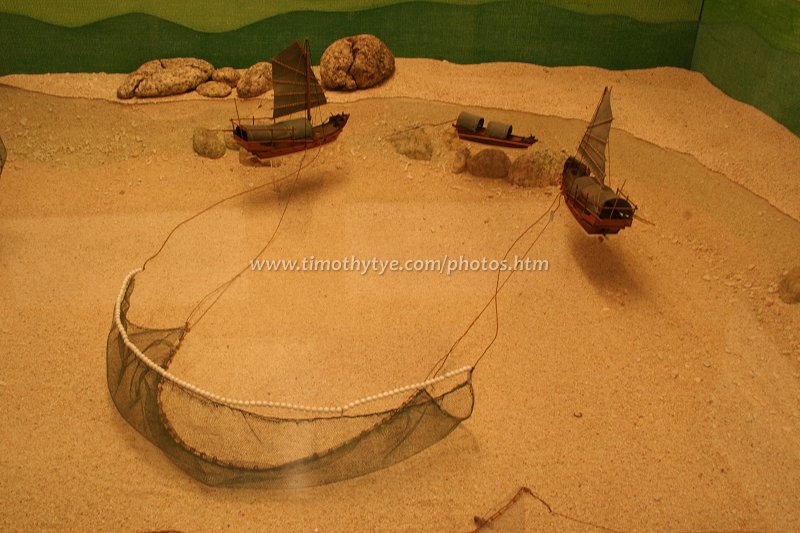 Two sampans stringing a net (9 November, 2007)
Two sampans stringing a net (9 November, 2007)
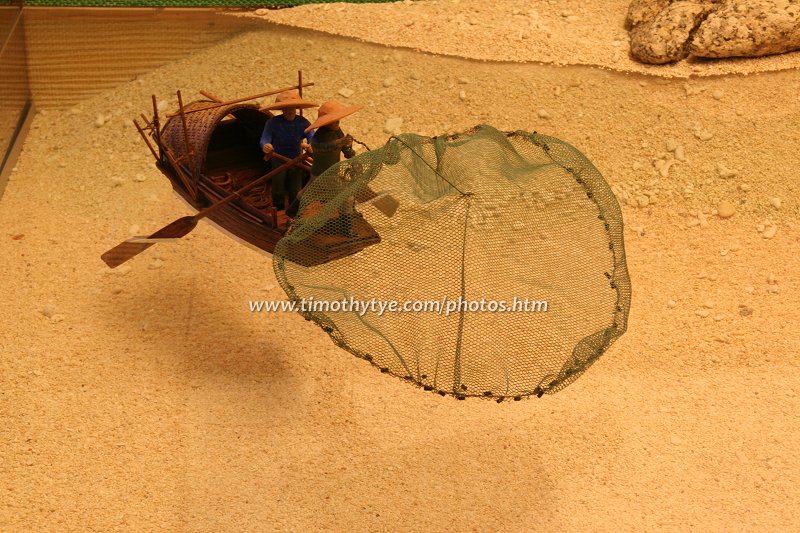 Fisherman casting a Tarrafo net (P'au Mong) (9 November, 2007)
Fisherman casting a Tarrafo net (P'au Mong) (9 November, 2007)
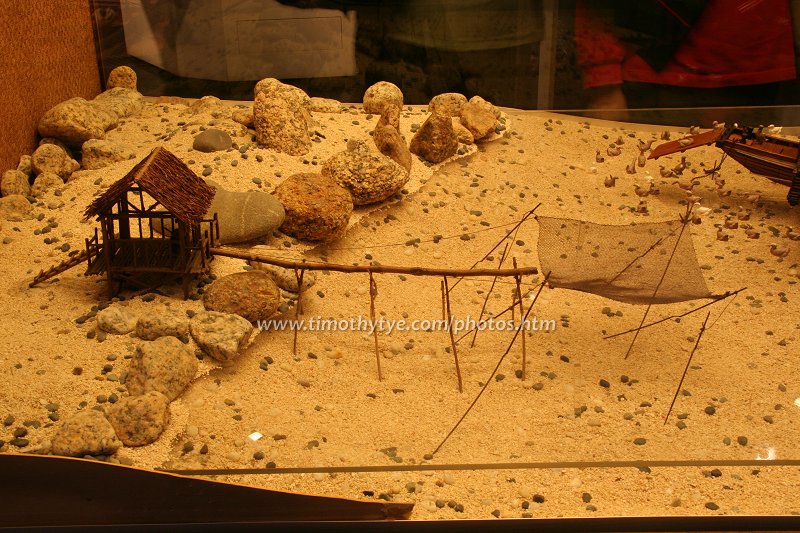 Jang Paahng, a fishing net made of a big net of closed mesh tied to four bamboo sticks (9 November, 2007)
Jang Paahng, a fishing net made of a big net of closed mesh tied to four bamboo sticks (9 November, 2007)
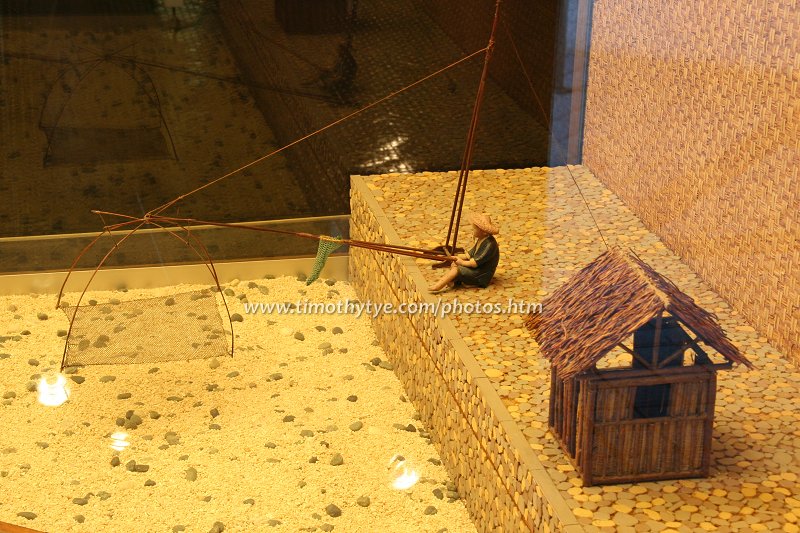 Ngaap Jang, a fishing rig comprising a net tied to four thick bamboos and lowered by the fisherman from the quay (9 November, 2007)
Ngaap Jang, a fishing rig comprising a net tied to four thick bamboos and lowered by the fisherman from the quay (9 November, 2007)
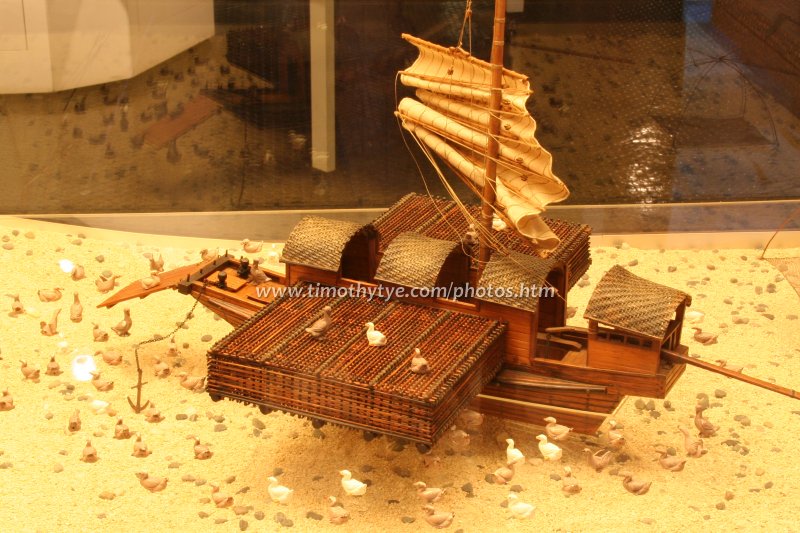 Ngaap Téhng, a boat for breeding and transportation of ducks (9 November, 2007)
Ngaap Téhng, a boat for breeding and transportation of ducks (9 November, 2007)
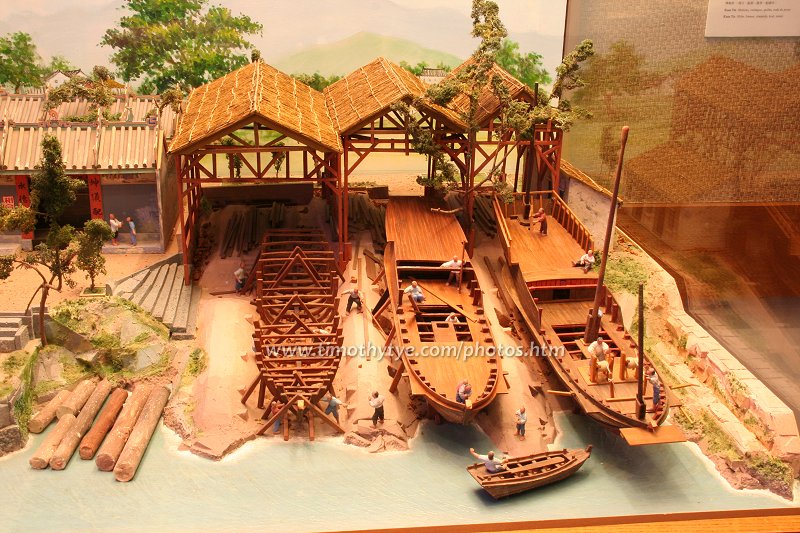 Junk-building yard (9 November, 2007)
Junk-building yard (9 November, 2007)
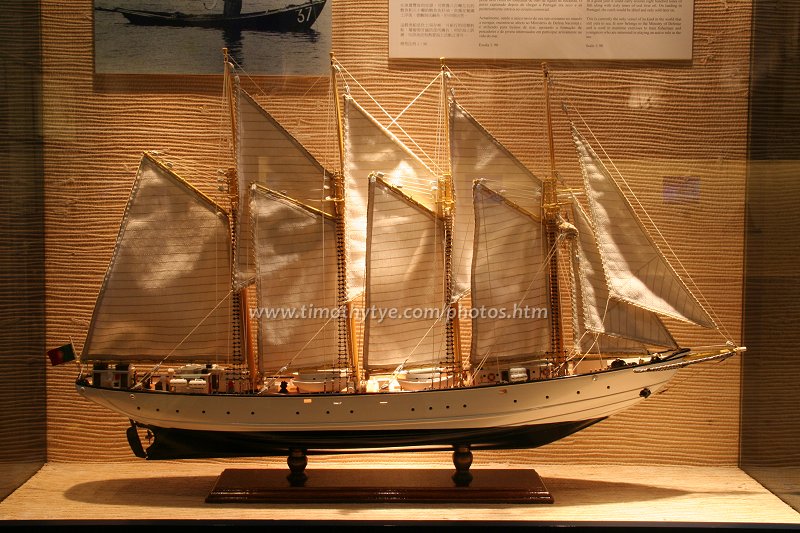 Creoula, a sailing ship of Portuguese origin, formerly used for catching cod fish in the North Atlantic (9 November, 2007)
Creoula, a sailing ship of Portuguese origin, formerly used for catching cod fish in the North Atlantic (9 November, 2007)
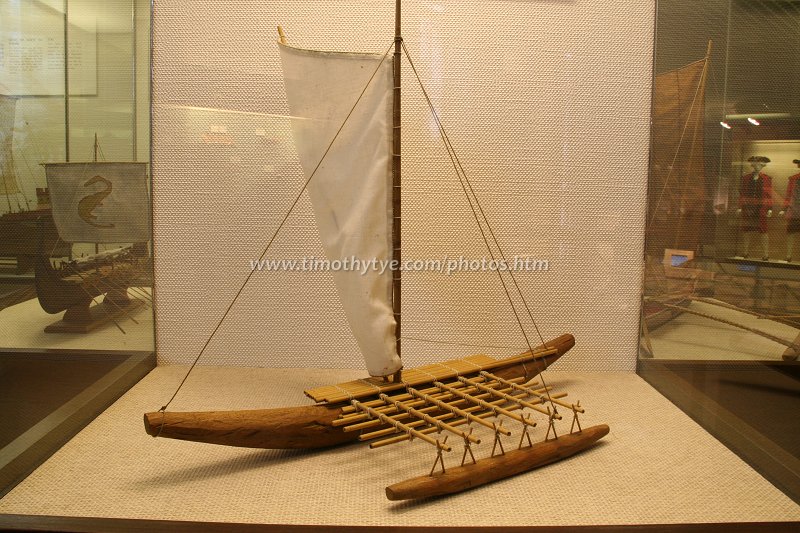 Outrigger sailing canoe from New Guinea (9 November, 2007)
Outrigger sailing canoe from New Guinea (9 November, 2007)
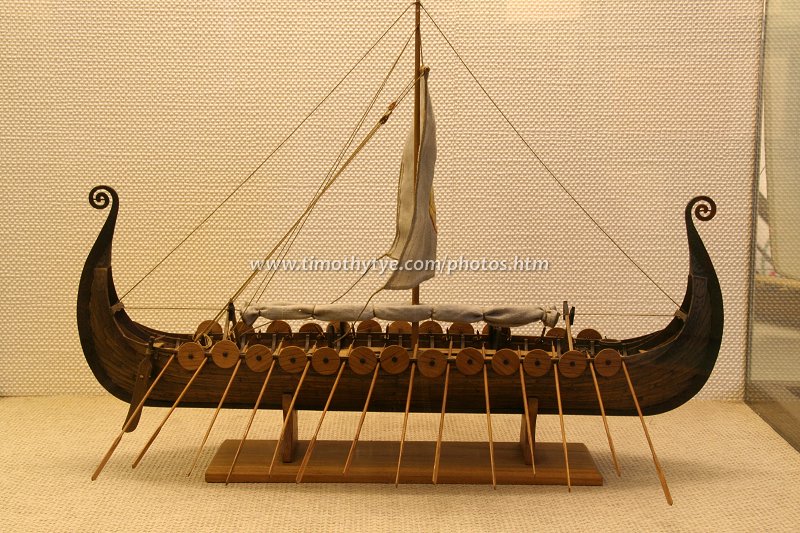 Viking Ship of the type used to cross the Atlantic from Scandinavia to Greenland (9 November, 2007)
Viking Ship of the type used to cross the Atlantic from Scandinavia to Greenland (9 November, 2007)
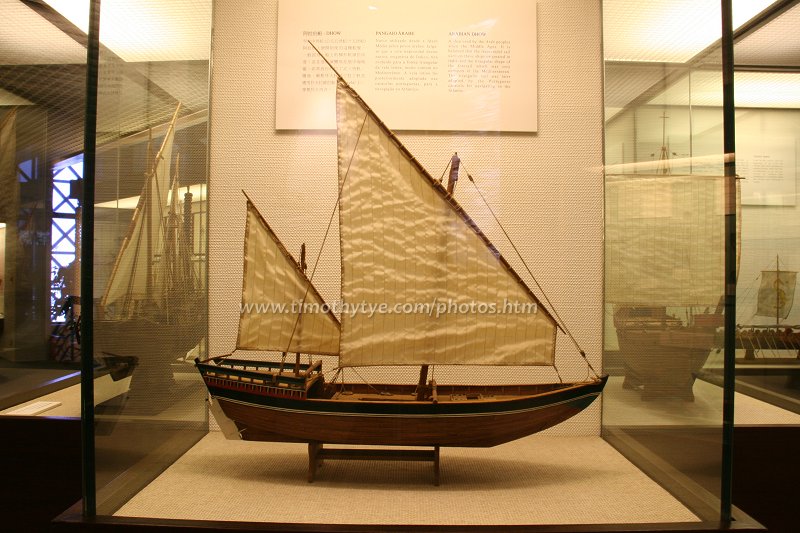 Arabian dhow, a ship used by the Arabs since the Middle Ages (9 November, 2007)
Arabian dhow, a ship used by the Arabs since the Middle Ages (9 November, 2007)
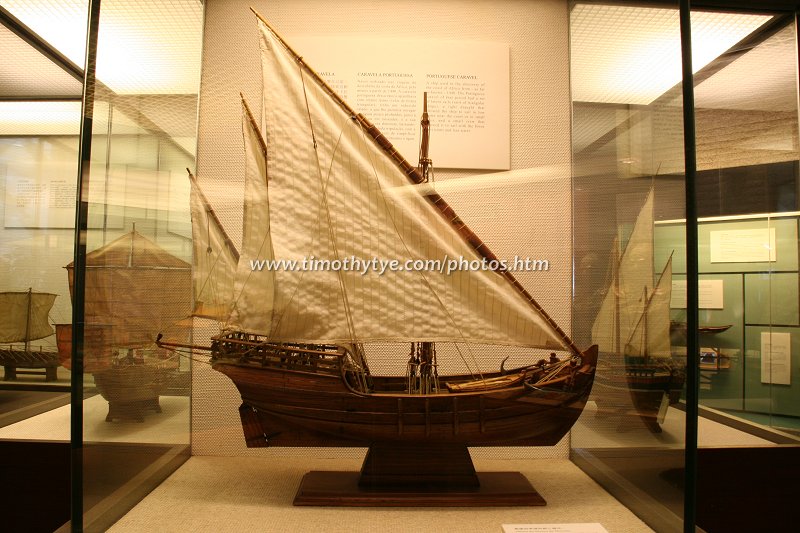 Portuguese caravel helped the Portuguese in their discovery of the coast of Africa in 1440 (9 November, 2007)
Portuguese caravel helped the Portuguese in their discovery of the coast of Africa in 1440 (9 November, 2007)
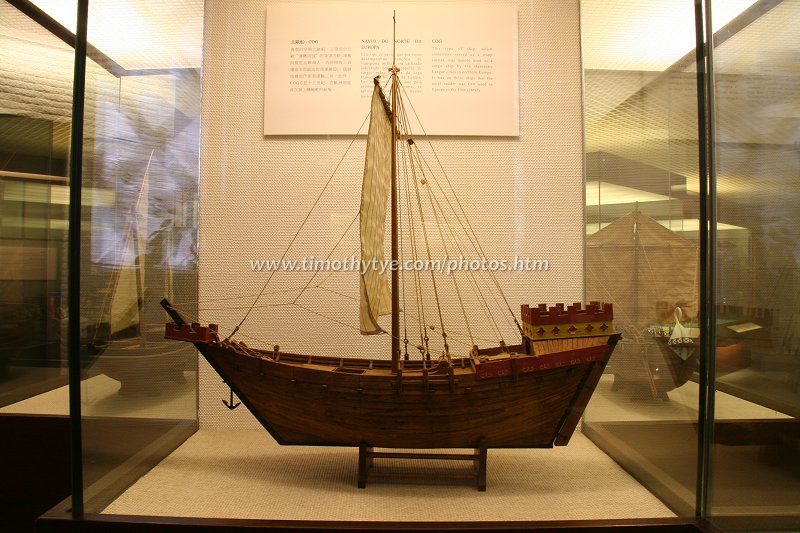 Cog is a type of cargo ship used by the cities of the Hanseatic League in northern Europe (9 November, 2007)
Cog is a type of cargo ship used by the cities of the Hanseatic League in northern Europe (9 November, 2007)
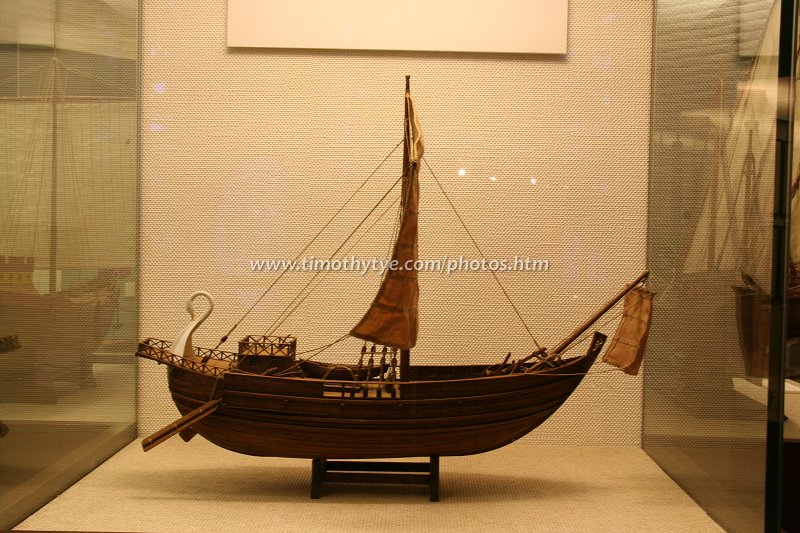 The corbita is used in the 1st century AD in the Mediterranean for the transportation of grains (9 November, 2007)
The corbita is used in the 1st century AD in the Mediterranean for the transportation of grains (9 November, 2007)
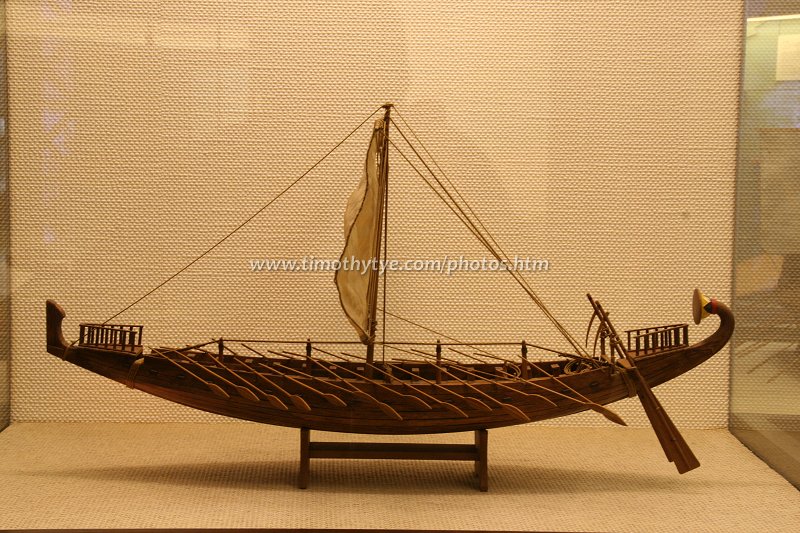 This is an Egyptian seagoing ship used around 1500 BC from the Red Sea to the east coast of Africa (9 November, 2007)
This is an Egyptian seagoing ship used around 1500 BC from the Red Sea to the east coast of Africa (9 November, 2007)
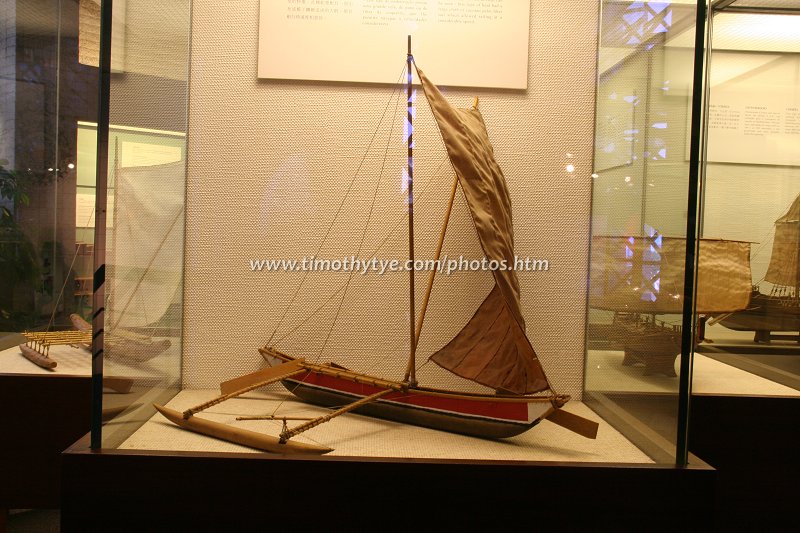 The Sri Lankan catamaran is believed to be of Polynesian origin. It can reach considerable speed on its cloth and coconut palm fiber sail (9 November, 2007)
The Sri Lankan catamaran is believed to be of Polynesian origin. It can reach considerable speed on its cloth and coconut palm fiber sail (9 November, 2007)
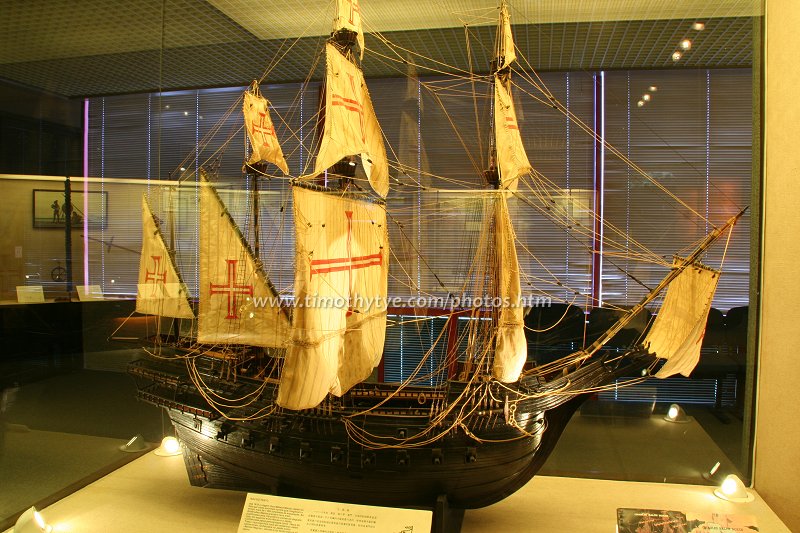 Naus do Trato, or Black Ships, are Portuguese trading ships with a capacity reaching 1600 tonnes. They are used for trades between Macau and Japan (9 November, 2007)
Naus do Trato, or Black Ships, are Portuguese trading ships with a capacity reaching 1600 tonnes. They are used for trades between Macau and Japan (9 November, 2007)
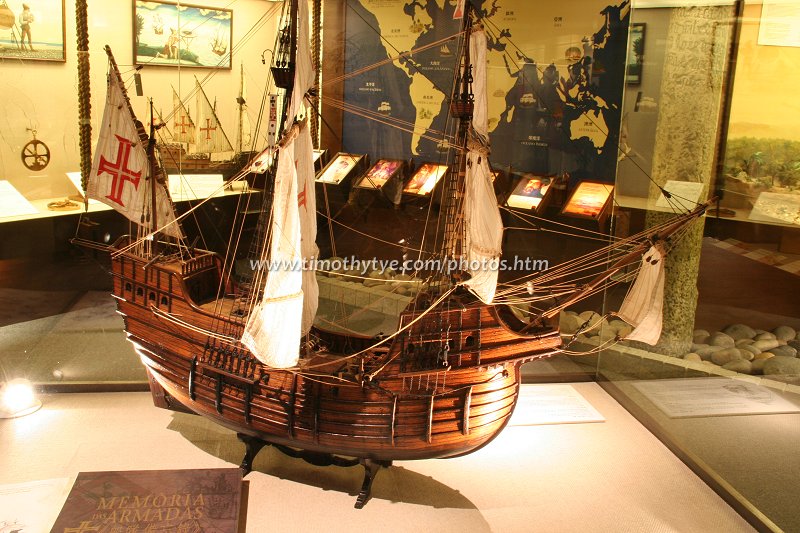 Nao is a large cargo ship used by the Portuguese for merchantile transport between Lisbon and Goa (9 November, 2007)
Nao is a large cargo ship used by the Portuguese for merchantile transport between Lisbon and Goa (9 November, 2007)
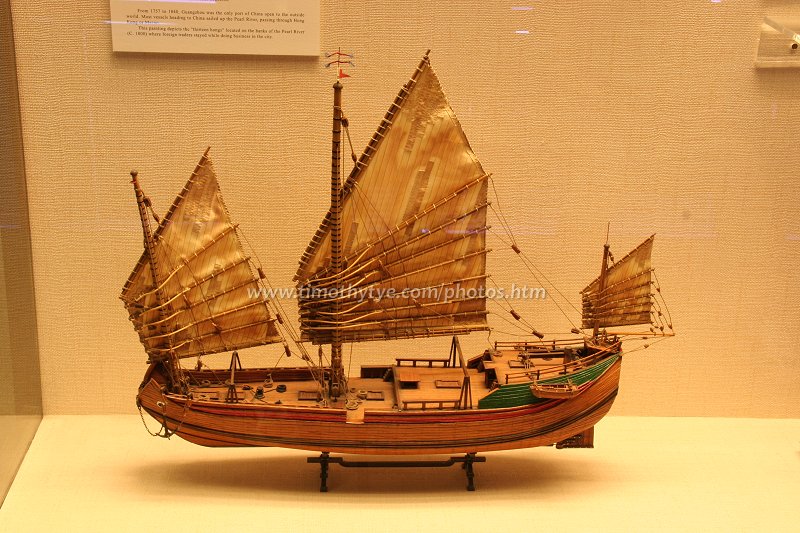 The Fuzhou junk is a trading junk of the Qing Dynasty period (9 November, 2007)
The Fuzhou junk is a trading junk of the Qing Dynasty period (9 November, 2007)
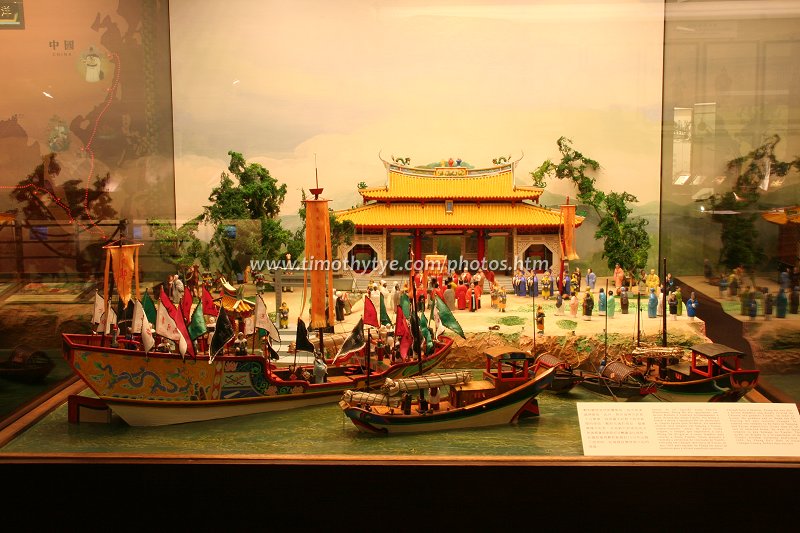 The Tianfei worship ceremony conducted in 1430 for the fleet of Admiral Zhenghe in Changle County, Fujian Province, before setting sail. Though born Muslim, Zhenghe was also said to be a devout Buddhist and deeply revered the Chinese sea goddess Tianfei (9 November, 2007)
The Tianfei worship ceremony conducted in 1430 for the fleet of Admiral Zhenghe in Changle County, Fujian Province, before setting sail. Though born Muslim, Zhenghe was also said to be a devout Buddhist and deeply revered the Chinese sea goddess Tianfei (9 November, 2007)
 Latest updates on Penang Travel Tips
Latest updates on Penang Travel Tips
 Map of Roads in Penang
Map of Roads in Penang
Looking for information on Penang? Use this Map of Roads in Penang to zoom in on information about Penang, brought to you road by road.
Copyright © 2003-2025 Timothy Tye. All Rights Reserved.

 Go Back
Go Back